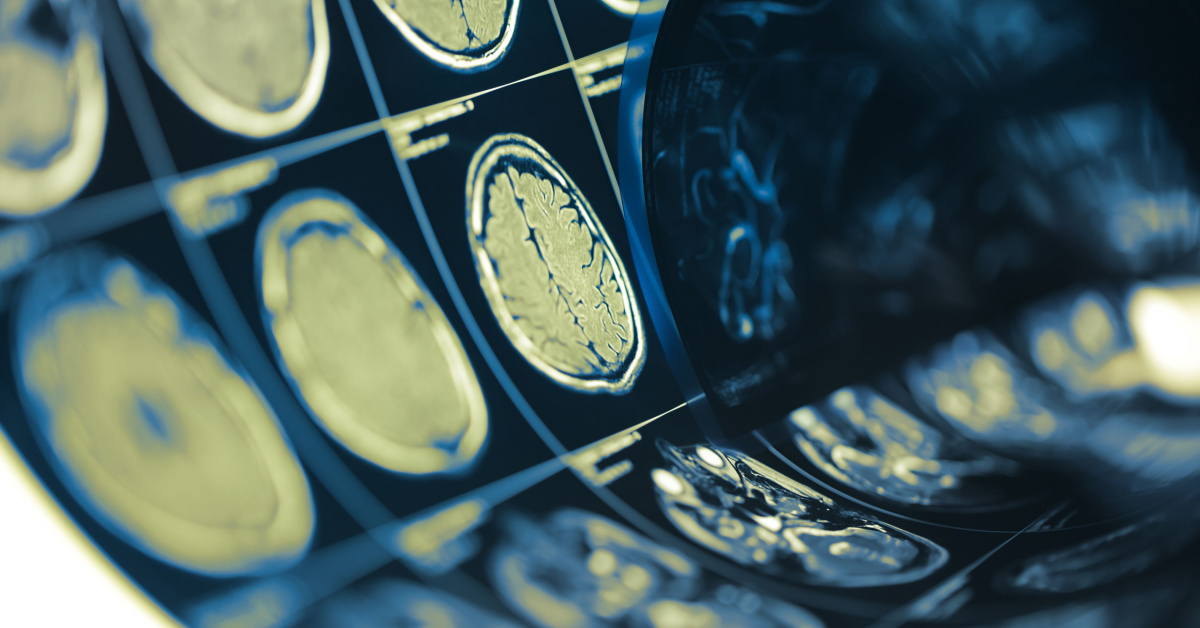The Long Term Effects of a Concussion

A concussion is a severe injury affecting the brain, also known as a traumatic brain injury (TBI). This is caused when the brain is shaken violently back and forth due to a jolt or blow to the head. Concussions are a common injury, especially in car accidents, slips, high-impact sports, and more. Due to being considered a mild TBI, many aren’t aware that they can come with long-term effects.
In most cases, concussions are not life-threatening, and symptoms disappear within a few weeks. However, there is always a possibility that long-term effects can develop over time. 10 to 20 percent of concussion victims suffer from post-concussion syndrome. Victims of this can experience symptoms that last for months after the injury. These symptoms include:
- Headaches
- Disorientation
- Fatigue
- Ringing in the ears
- Increased irritability
- Depression, anxiety, and other mental health conditions
- Insomnia
- Loss of concentration and memory
- Blurry vision
- Sensitivity to noise and light
- Changed senses of taste and smell
The likelihood of a victim developing long-term symptoms increases if they previously experienced a TBI.
When someone sustains multiple concussions, it leads to a severe long-term condition called chronic traumatic encephalopathy (CTE). CTE causes severe brain inflammation, these symptoms include:
- Changes in thinking, behavior, and emotions
- Aggression
- Depression and anxiety
- Personality and mood changes
- Motor symptoms, similar to those that occur with Parkinson’s disease or motor neuron disease
The number one way to prevent the long-term effects of concussions is to immediately seek medical care after a head injury. Even if you think you are fine, check with a doctor to be sure. It is always best to be evaluated by a doctor thoroughly, even if you think your injury is minor. Preventing re-injury is also a critical step in protecting your brain. Here are a few ways you can do that:
- Wait to drive until your healthcare provider clears you.
- Make sure you get plenty of sleep.
- Alert your doctor of any new symptoms throughout your recovery.
- Do not participate in sports-related activities until your doctor clears you.
- Use a seat belt when driving and if you are transporting children, ensure they are in age and size-appropriate car seats or booster seats.
- Wear properly fitting, sport-appropriate headgear and safety equipment when playing contact sports or biking, skateboarding, rollerblading, snowboarding, or skiing.
- Take children to playgrounds that have soft surfaces.
Contact us today for legal guidance if you have suffered a severe brain injury in a car accident or other incident.

